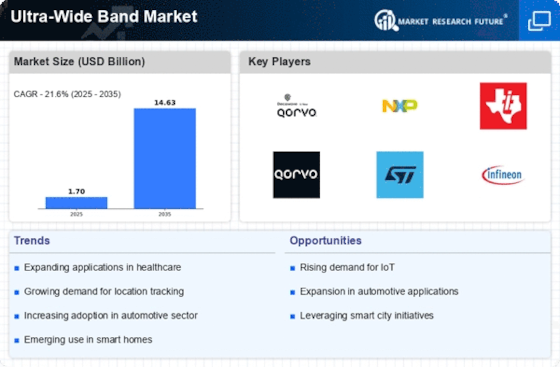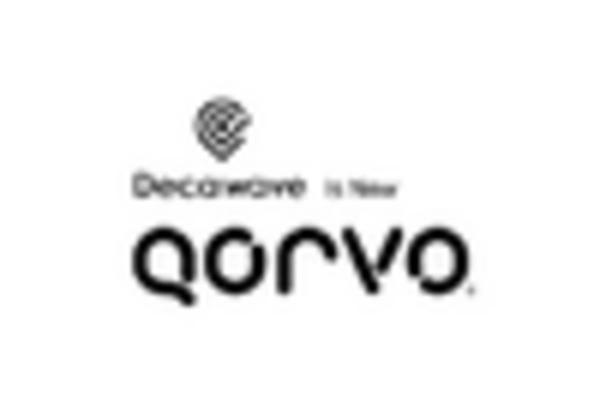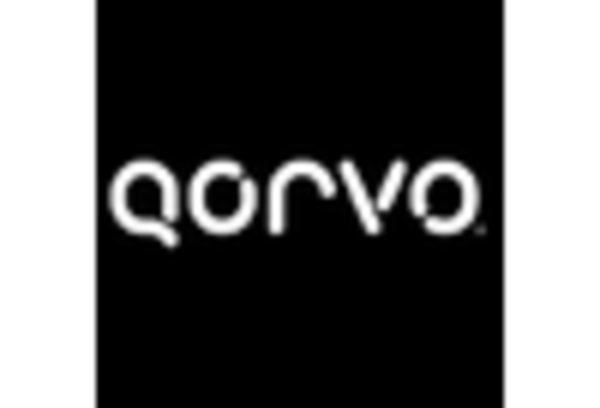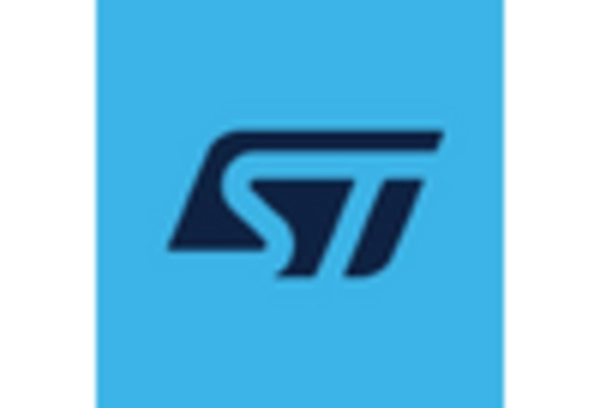Market Analysis
In-depth Analysis of Ultra WideBand Market Industry Landscape
The Ultra-Wide Band (UWB) industry has encountered huge changes and quick progressions lately, reflecting the never-endingly developing mechanical and network climate. A combination of variables, remembering improvements for remote correspondence, rising interest for rapid information transmission, and the multiplication of Web of Things (IoT) gadgets, impacts the market elements of UWB.
UWB is a remote correspondence innovation recognized for its insignificant power utilization and capacity to send information over a wide recurrence range. Due to this particular feature, UWB is excellent for a wide range of applications, such as asset management, real-time location monitoring, and short-range, high-bandwidth data transfer. The burgeoning utilization of technology in multiple industries is a big factor in the market dynamics of the UWB sector. For instance, the automotive industry has adopted UWB for the keyless entry system & vehicle-to-vehicle communication. In the healthcare business, UWB is used to accurately monitor assets within hospitals, enabling efficient inventory management & patient care. Besides, the execution of UWB in cell phones and different gadgets has been seen in the purchaser hardware area as a way to work with practical and secure record trade. The impact of the serious climate available elements of UWB innovation is likewise critical.
A rising number of organizations are recognizing the capability of UWB, prompting a more prominent accentuation on innovative work pointed toward working on the functionalities and traits of UWB-empowered gadgets. This opposition invigorates advancement by empowering the improvement of novel UWB items that component upgraded functionalities. Also, the dynamism of the market is upgraded by organizations and coordinated efforts between UWB innovation suppliers and industry members, which create cooperative energies that drive the execution of UWB in different areas. Additionally, the market dynamics of UWB technology are influenced by regulatory factors.
The impact of legislative and administrative elements on the guidelines and range appropriations for UWB applications is vital. It is absolutely critical that UWB gadgets stick to these guidelines to work flawlessly as a component of the worldwide correspondence biological system. Administrative changes, including those relating to range accessibility and usage strategies, can have a significant impact on market elements, in this manner molding the degree and greatness of UWB execution across different areas. An extra critical component that impacts the market elements of UWB is the constant advancement of customer inclinations and conduct. The developing customer interest for trustworthy, secure, and fast information move has incited the investigation of UWB-empowered gadgets to satisfy availability necessities. UWB innovation's arrangement of accommodation and effectiveness relates to the requests of buyers for fast and continuous correspondence, in this manner supporting the market's advancement.

















Leave a Comment